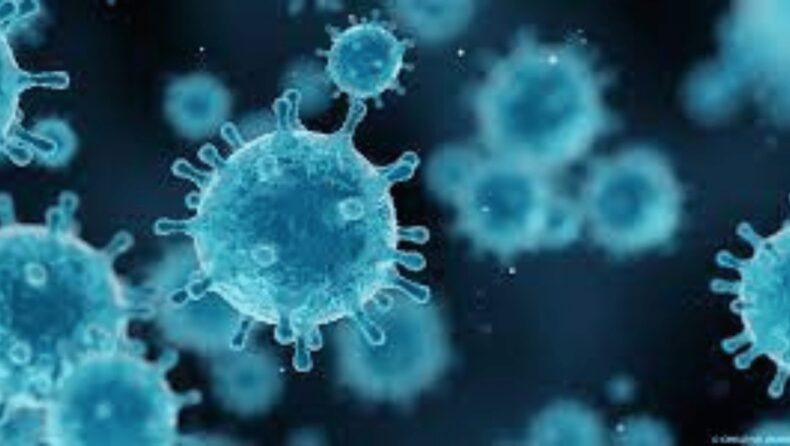Khosta-2, the new virus is spreading fear and concern among scientists as they prove to be resistant towards current vaccines against Covid.
In recent years, hundreds of viruses belonging to the category of sarbecovirus has been identified predominantly in the Asian subcontinent. Among those, most of them are incapable of infecting human cells.
The new virus detected in Russian bats is efficient enough to affect humans. The major concerns on the virus according to scientists lies in the fact that the current vaccines used for the prevention of Covid occurred to be ineffective on the new one.
The researchers at Washington State University, US, found that the proteins from the bat virus, Khosta-2, is immune to the antibodies and blood serum present in people who were vaccinated for Covid.
It is through the spike proteins that a virus usually enters the human cells. Khosta-2 and S-CoV-2 comes under the sub-category of coronavirus known as sarbecovirus.
It commonly thrives in wildlife and found in not just bats but also in palm civets, racoons as well as pangolins.

This situation calls for the need of inventing a vaccine that is universal and can fight against all sarbecoviruses in general, instead of just its variants.
“Right now, there are groups trying to come up with a vaccine that doesn’t just protect against the next variant of S-2 but actually protects us against the sarbecoviruses in general,” said Michael Letko.
The viruses discovered in late 2020, did not pose any threat to humans initially. In fact, the Khosta-1 seemed completely harmless. It was during the phase of Khosta-2, things started getting out of hands.
From the beginning itself, Khosta-2 has portrayed very troublesome traits. When studied further, it was revealed that unlike the first version the latter is capable of attaching itself to a receptor protein named angiotensin converting enzyme 2 which is found throughout the human cells.
The team has tested many people who are both vaccinated and non-vaccinated to determine the effects of the current vaccines against the new virus. The result was disappointing as Khosta-2 was not neutralized by the current vaccines.
“Our research further demonstrates that sarbecoviruses circulating in wildlife outside of Asia — even in places like western Russia where the Khosta-2 virus was found — also pose a threat to global health and ongoing vaccine campaigns against S-CoV-2,” said Michael Letko.
The test also extended to those people who were infected with the Omicron variable but the results remained the same. According to Letko, the bat virus lacks some genes involved in pathogenesis in humans.
However, there could be a huge risk involved in the future as there is a possibility that Khosta-2 might recombine itself with other viruses like SARS-Covid-2.
Letko further said that “The worry is that SARS-CoV-2 could spill back over to animals infected with something like Khosta-2 and recombine and then infect human cells. They could be resistant to vaccine-immunity and also have some more virulent factors. What the chances of that are, who knows. But it could in theory happen during a recombination event.”
As per Dr Stephanie Seifert and her colleagues, Khosta-2 is a zoonotic virus, which means that it can “latch onto human cells with ease in the same way as the Covid virus.”
After conducting a test in the laboratory, it was revealed that even the two doses of Moderna and Pfizer was ineffective on it.
A sliver of hope against Khosta-2
Even though Khosta-2 is similar to the SARC-Covid-2, the efficiency is much lower than the latter. Thus, there is a high possibility for us to fight it with the help of natural immunity that we acquired from Covid-19 or even from the protection gained from the vaccines. Humanity will be safe as long as the Khosta-2 virus decides to stay in animal bodies.













